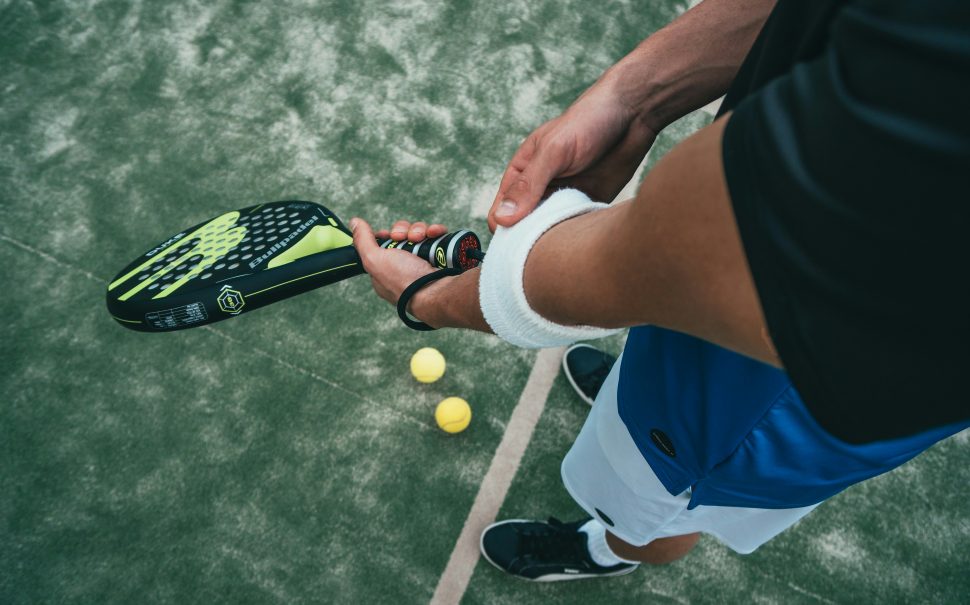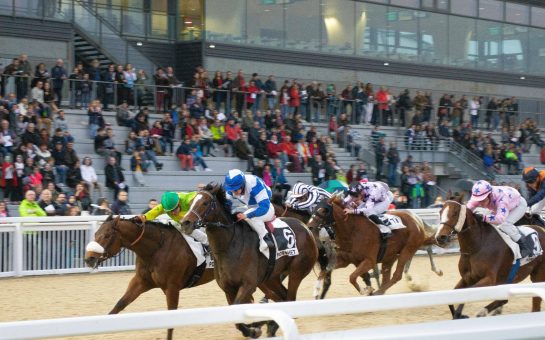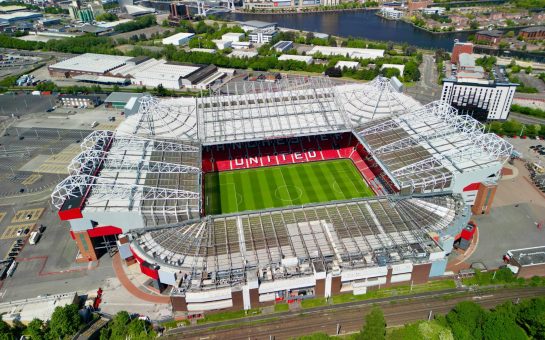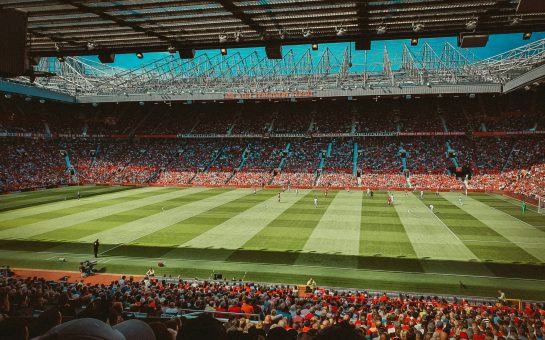Padel tennis is the new sport on the block, having caught the attention of many players, both in the UK and abroad.
Thought to have been first played in Mexico in the late 1960s, the racket-based cross between squash and tennis has grown exponentially in recent years, culminating in courts right across Greater Manchester and the Northwest and games every day.
One of those players in Manchester is Andrew Paterson, a 47-year-old Freelance Data Protection and Cybersecurity Consultant, who first played the sport as part of a mystery date surprise with his wife Jane.
He said: “I think there’s two things that make it popular. The nature of the game lets beginners get into it more easily, there’s a lower barrier to entry.
“It’s like tennis but it’s easier to get into a match and have a go, because the court’s smaller, it’s an underarm serves and it’s also the fact you’re essentially in a big box, so there’s less running.
“The other thing that’s kept me coming back is the PlayTomic app. This allows you to sign up to play doubles with three other random players and they’ll match make you with people who are roughly the same level.”
Time to 💙 E N J O Y 💙 pic.twitter.com/xMn0V3JJhs
— World Padel Tour (@WorldPadelTour) March 23, 2024
Padel is exclusively a doubles game, played on an enclosed surface roughly three quarters the size of a tennis court.
Play starts with an underarm over the net across the court, which must bounce once before a return shot is played.
After each shot, the ball must bounce on the ground before hitting the back or side walls, when struck over the net – if they make contact with the walls before bouncing, it is considered a fault.
However, the players do not have to wait for the ball to bounce and they can return the ball through a volley, after a bounce or once the ball has come off the walls.
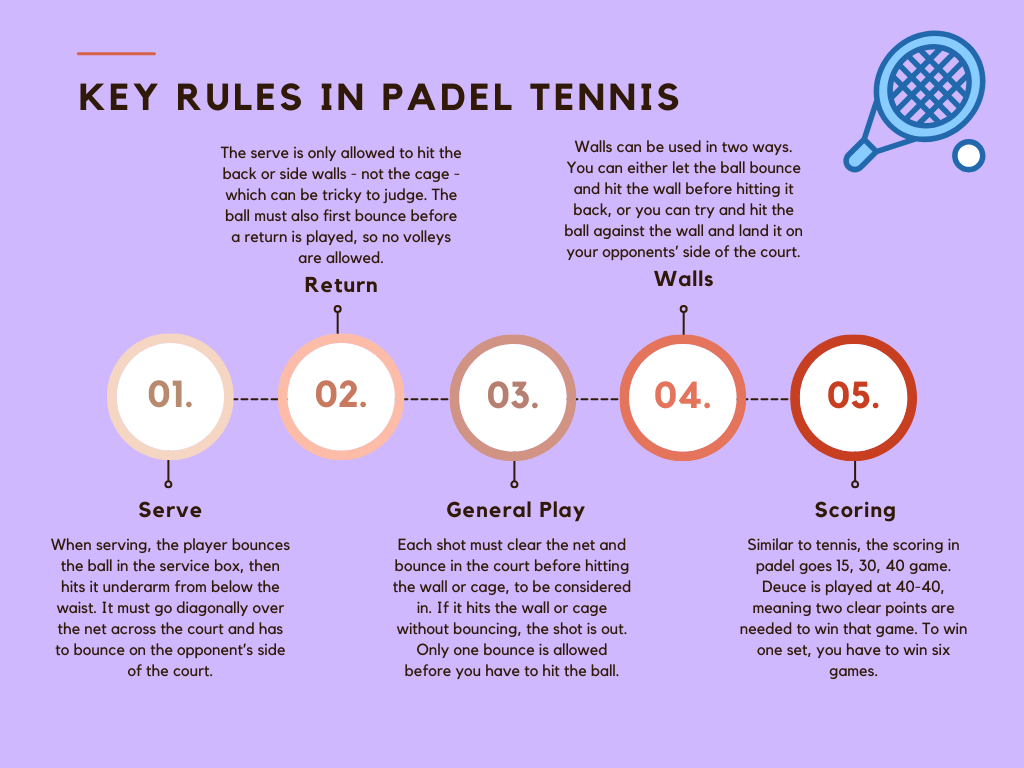
Although padel does not require quite as much athleticism as tennis, there is still a physical element to the sport.
It requires coordination, agility and sharp reflexes, which can be continually improved through regular practice.
There are also key tactical elements, which is something Andrew – who is even considering planning his next holiday around padel with his wife in northern Spain – thinks is crucial to the success of the sport.
He said: “It’s all to do with placement and judgement rather than whacking it as hard as you can. What makes padel a bit difficult is learning how to read the ball off the back and side walls. That takes a lot of mental recalibration.
“It’s definitely given me more enthusiasm to do some exercise which is nice. Building a padel partnership with my wife, deciding where we best belong on the course and how we want to play, has been really interesting, but also trying to negotiate that with someone you’ve never played with before – it’s fascinating.”
As the sport has increased in the UK, the number of centres now equipped with the appropriate facilities and can offer padel has also risen.
The number of places now accommodating the game has increased to six centres in Greater Manchester and 14 in the North West as a whole.
And this growth of the sport has led to a rise in the number of people seeking their own padel equipment.
Ewan Ramsden, 22, created the online shop Everything Padel to cater to this desire, selling all types of rackets and accessories.
He said: “Some people will probably view padel as a little bit of a craze that’s going to die off soon, but I really do think that this is going to become a competitive, serious sport that everyone’s going to be playing, because that’s what we’re seeing elsewhere.
“Three, four years ago, my club, which was just three courts with a roof, was one of the best places to play padel in the country, whereas now there’s places with 12 or 13 courts. When there are bigger venues it’s more accessible so that’s another big difference.”
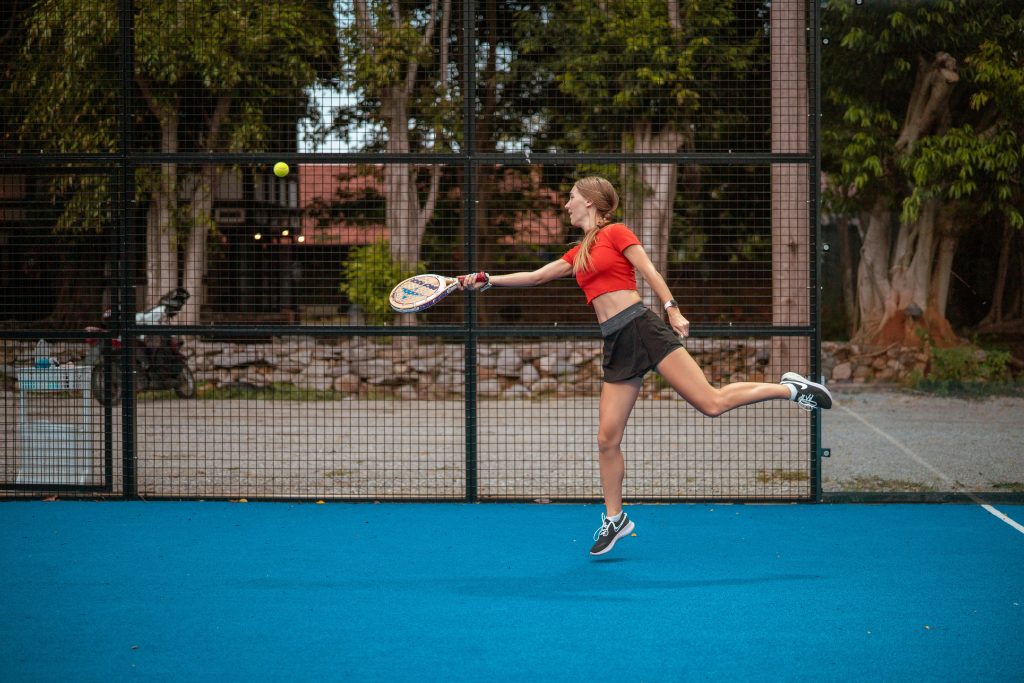
The figures show the UK has been catching up with other countries in terms of both numbers of players and centres where padel can be played.
And Ewan says the game is big in the Middle East, with players from the UAE, Kuwait, Qatar and Saudi Arabia some of the purchasers of Everything Padel equipment.
But Spain and Argentina remain the leaders in the sport, with Sweden and other European countries such the Netherlands and France also seeing a boom.
Focus👀🎾
— EverythingPadel – Padel Shop🇬🇧 (@EverythingPadel) April 28, 2021
Working on attack + defence💪🏽
Using the Nox AT10 Tapia Racket🙌🏻
Great power, control, and comfort😍 pic.twitter.com/gKqtrSQzxI
Ewan said: “In Spain, padel is only smaller than football right now and it’s already more popular than tennis. The UK has probably been one of the slowest countries to catch up but it’s having its boom now.
“The main barrier to it growing would be if it becomes a rich person’s sport where it’s only people with a lot of money and influencers who can play. I want it to be accessible for everyone.
“What an expensive price also does is discourage the social side of padel because people are only going to play matches with people they are certain they are going to get a good game with.
“Players are going to form cliques more if it’s more expensive and that’s a worry when the prices reach between £15 and £20 per person for an hour.
“But I still think it’s inevitable that it’s going to become one of the biggest sports in the country, because you’re always going to be playing with three other people, which is a huge benefit of the sport and that’s what makes it just so much fun and so addictive.”
Feature image credit: Oliver Sjöström.
